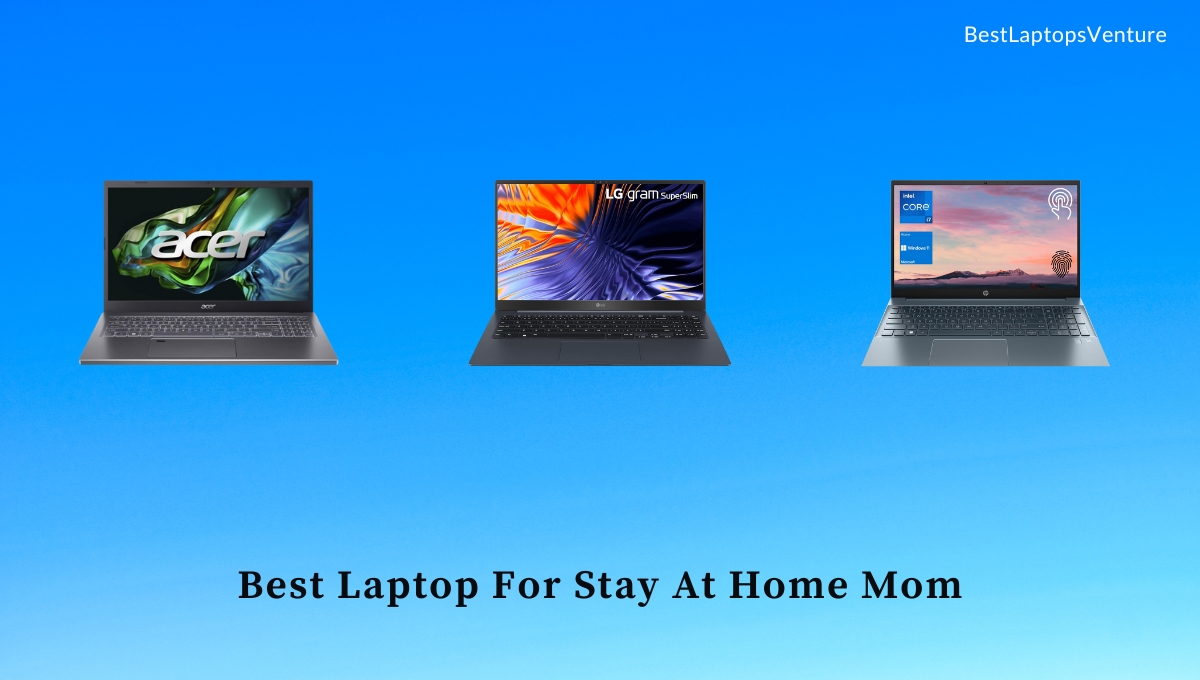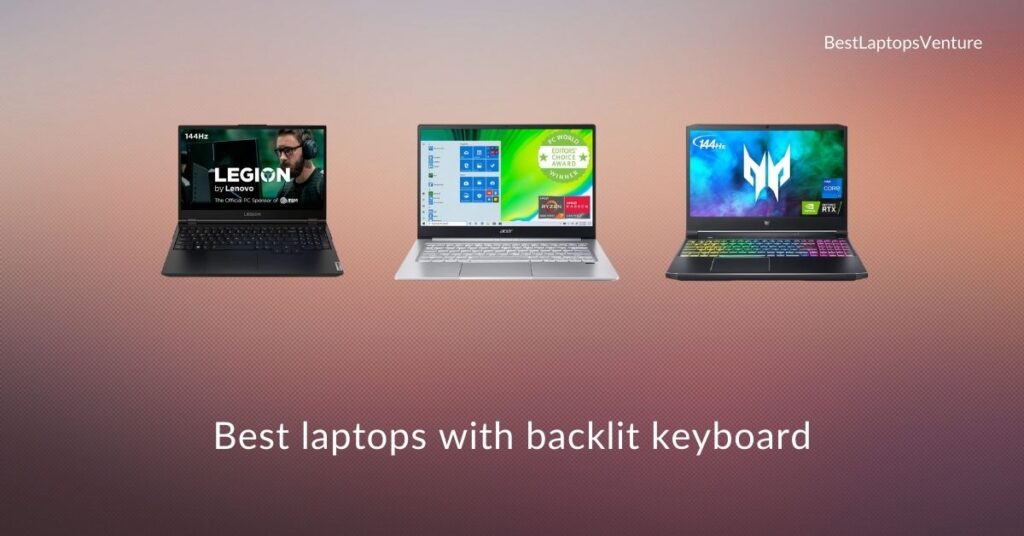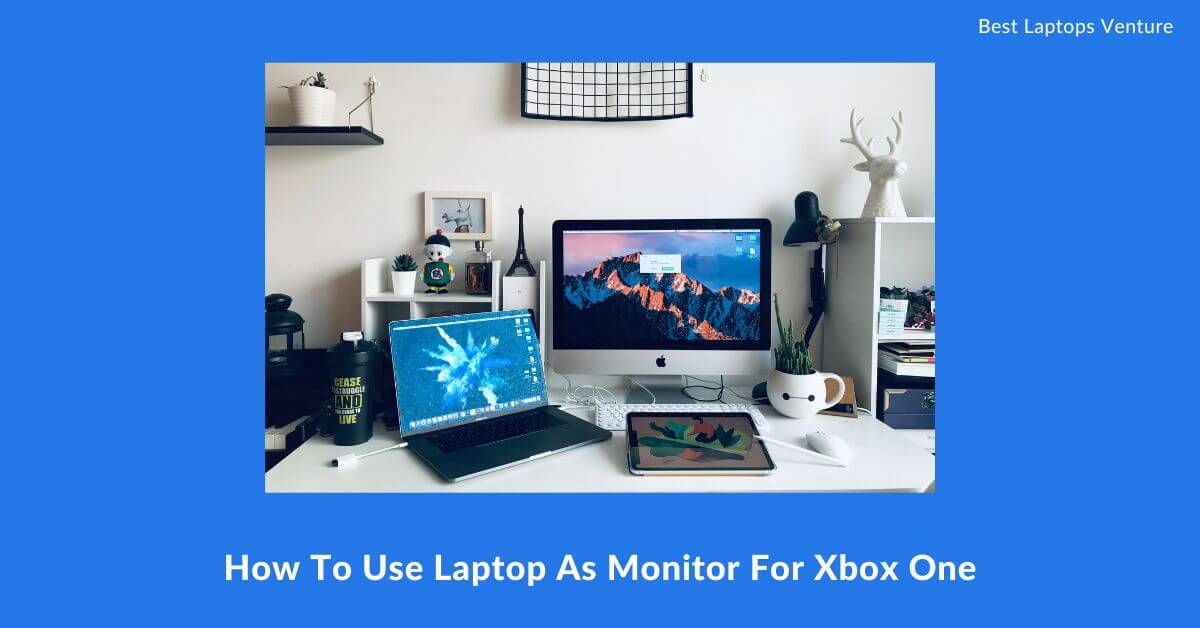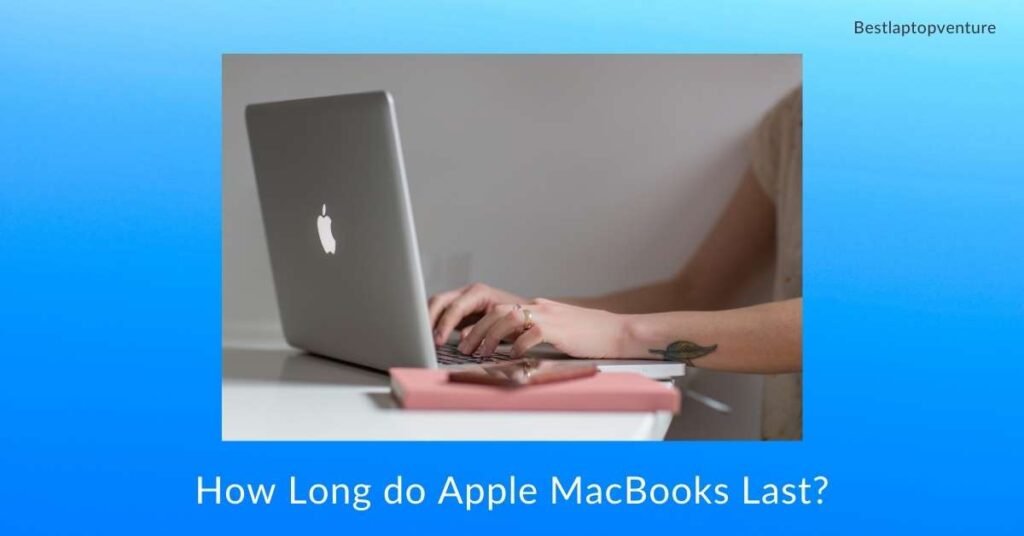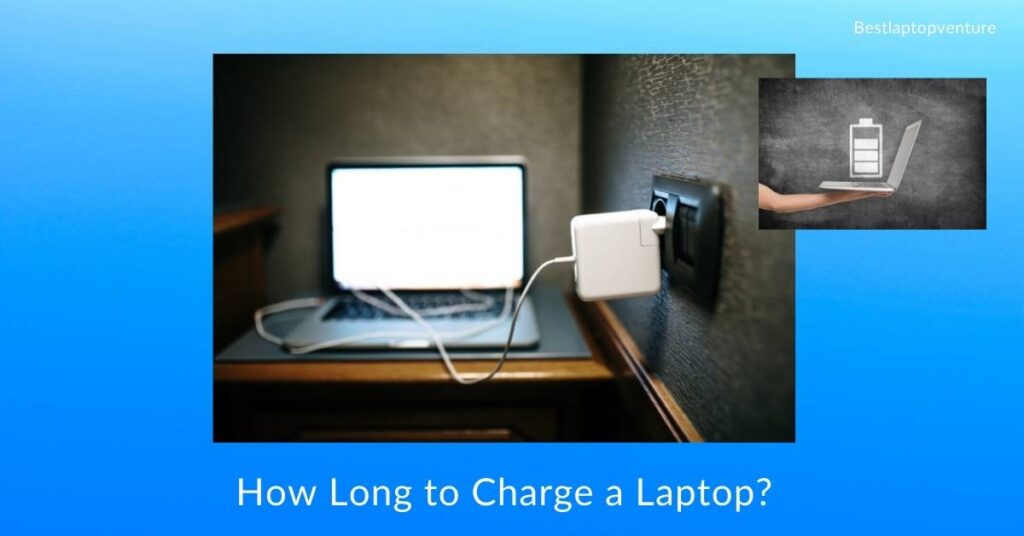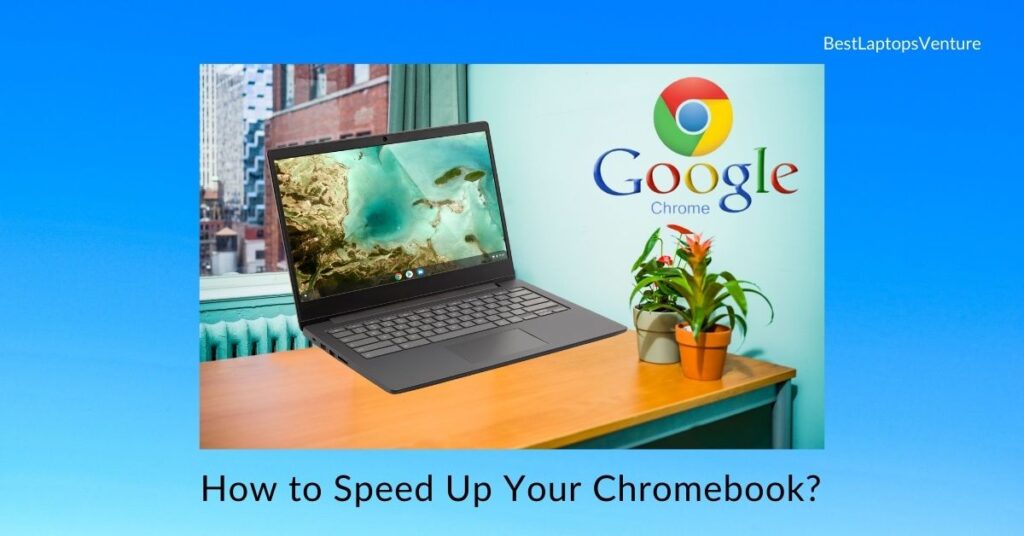
If you want to see all of the finest tips and methods for speeding up your laptop in one spot, this (updated) article is for you.
We have tried, evaluated, and updated these Chromebook tips, which include both free and paid options.
We’ve compiled a list of 11 of the greatest ways to speed up your sluggish Chromebook, including 8 simple tips and 3 more if you’re a speed freak with extra time.
Why Do Chromebooks Degrade in Performance Over Time?
Chromebooks offer several advantages, but one of them is that they are resistant to the inevitable slowing that most devices face.
As with any other piece of technology, things will clog up and slow down with time.
This can occur for a variety of reasons, and while Chromebooks encounter fewer of these difficulties than a Windows system, it does occur.
This occurs naturally with normal use, however, certain factors clog the system more quickly:
- Extensions: If you’re constantly browsing the Chrome Web Store for new extensions, you’re doing the system a disservice. The more extensions you install, the more background processes run.
- Apps: This is related to extensions. The more software you install, the more resources your machine will need.
- Downloads and Locally Stored Files: Because Chromebooks often have a small amount of storage, the more files are downloaded and stored locally, the slower the device becomes as it approaches capacity.
- The Web is Increasingly Heavier: This is absolutely beyond your control, yet it is an unavoidable truth. As the web expands and becomes more powerful, the system must work more merely to render pages. This becomes more of an issue as your Chromebook ages—especially on lower-end hardware.
Thus, it is similar to everything else. It might grow slower the more you use it.
The good news is that there are several ways to keep your Chromebook in tip-top shape.
11 (Easy) Ways To Make Your Chromebook Run Faster
1. You Should Update Your Software
To update drivers on Chrome OS, go to Settings and then select your account photo (the gear icon).
To learn more about Chrome OS, go to the menu button and select About Chrome OS.
Scroll down to the Google Chrome OS section and select Check For Updates. If a new version is available, it will be installed automatically.
2. Restart if you’re unsure!
This may sound self-evident (again), but it’s all too easy to forget to restart your Chromebook for an extended period of time.
Simply opening and shutting the lid repeatedly provides extra data for the system to process at the same time.
Every time you start your job, we recommend that you restart your Chromebook!
3. On your Chromebook, try Guest Mode.
Switching to guest mode is a straightforward technique to diagnose and uncover problems that are causing Chromebook slowdowns.
When you use your Chromebook as a guest, all of your settings are restored and any extensions you have installed are disabled.
To utilize guest mode, sign out of your account and then select Browse As Guest from the drop-down menu.
If you observe a significant increase in speed, you likely need to power wash your Chromebook or disable some of your extensions.
4. Install Chrome’s speed Apps
Three apps, in particular, are worth checking out if you want to increase your speed.
The first is simply named Speed-Up Browsing, and it improves website load times by allowing previously downloaded pictures and scripts to be reused.
The Great Suspender, on the other hand, decreases memory use by suspending tabs that haven’t been used for a certain period.
Finally, for a speed boost, Click & Clean rapidly deletes temporary files.
5. Limit the number of tabs you have open in your browser.
If you have too many tabs open at the same moment, your browser may not run at full speed, regardless of which browser you’re using.
The more tabs you have open, the longer it will take to load. Limiting your tabs, on the other hand, will allow your laptop to simply handle the open tabs without any difficulties or slowdown.
Simply keep track of how many tabs you have open when using your browser to restrict your tabs.
If you have an excessive number of tabs open, make sure to close those that you aren’t utilizing or don’t need open at all.
It’s something you should perform regularly to keep your browser and laptop optimized so they can achieve their maximum speed.
6. To Speed Up Your Internet Connection, Change Channels
Your network may run on many channels, regardless of whether you’re using a 2.4GHz or 5.0GHz router.
You may face interference if other devices and networks in the neighborhood use the same channel. This will slow down your connection.
Changing the wireless channel necessitates getting into your router and updating settings, which is a time-consuming operation that varies greatly depending on the brand of your network.
On the Netgear, D-Link, or Linksys websites, you can find particular instructions for your router.
7. Make Use Of A VPN
Anyone who uses the web in the twenty-first century understands that public wireless networks may be risky.
We recommend utilizing a Virtual Private Network (VPN) if you want to surf safely while avoiding spyware and monitoring tools that might slow you down (VPN).
Choose a VPN server that is close to your actual location, as the distance between your device and the VPN may increase latency.
However, this may not always be achievable, especially if you’re accessing region-locked material using a VPN.
8. Clean Up Your Chromebook
Reset your Chromebook to factory settings by power washing it!
This procedure essentially wipes your Chromebook’s hard drive and resets it to factory defaults.
You’ll need to back up all of your files first, but after you’ve done that, you’ll have a whole new Chromebook (software-wise).
9. Remove any extensions that are no longer in use.
Extensions give your browser extra capability, but they also use more memory and CPU resources.
When you have many extensions open at the same time on a page with a lot of graphics and video assets, you’ll notice a significant amount of slowness.
Remove any outdated extensions you aren’t using to get your browser back up to speed. Click the Menu icon in Chrome, then More Tools, then Extensions. Simply click Remove next to any extension you wish to get rid of.
Instead, with Firefox, go to Menu > Add-Ons > Remove next to the name of any extension you don’t use.
10. Javascript Or Block Flash
Websites that have a lot of scripts and videos running at the same time might bog down your laptop as the web grows more powerful.
While you may lose functionality for many websites, if you are using an older laptop with less RAM, turning off Flash and Javascript may be the best option.
To do so on Chrome, go to the menu and select Settings, then scroll down to the bottom of the screen and select Advanced.
Click Content Settings towards the bottom of the Privacy & Security section, then Javascript and Block. Return to the Content Settings and choose Flash, then Block.
11. Increase the number of raster threads
End-users may adjust several experimental elements in Google Chrome to customize their overall surfing experience.
The number of raster threads is one of these properties, and it determines how rapidly pictures are loaded.
If you’re having trouble loading graphics when surfing the web, put “chrome:/flags/#num-raster-threads” into the URL bar and press Enter.
Change the number of raster threads from Default to 4 by scrolling down to the item labeled Number Of Raster Threads.
It’s worth noting that if you don’t have a quad-core CPU (or above), you won’t see much of a difference in speed.
12. Purchase a New Chromebook
When your Chromebook isn’t operating properly and you’re over the warranty term, it’s time to have it serviced. Purchasing a new one may be the best solution.
FAQs on How to Speed Up Your Chromebook
Seeking ways to speed up your Chromebook?
Get answers in our FAQ guide! Discover effective tips and optimizations to boost your Chromebook’s performance.
Unlock faster browsing and smoother multitasking with expert insights on speeding up your Chromebook.
What’s the Deal With My Chromebook’s Slowness?
Too many extensions or apps, downloads, locally saved data, and a poor internet connection are the three primary reasons why your Chromebook slows down over time.
Extensions & Apps: One of Chrome’s main selling points is the vast array of extensions, add-ons, and apps that may drastically alter your surfing experience. While having a lot of extensions open at the same time might cause your Chromebook to slow down.
Downloads and Files Saved on Your Computer: When a storage disk approaches full, it slows down significantly compared to when it is mainly empty. This is true for both Windows and Chromebooks.
The Web Is Just Getting Heavier: You do not influence this, yet it’s an unavoidable reality. Because the web is expanding and becoming more powerful, the system must work more merely to render websites. This becomes more of a problem as your Chromebook becomes older, especially with lower-end hardware.
So it’s no different than anything else. It will grow slower the more you use it. The good news is that there are many things you can do to maintain your Chromebook in good working order.
Boost Chromebook Efficiency to Speed Up Your Chromebook
That’s all there is to it.
This is just a collection of miscellaneous tips that can help you speed up your sluggish Chromebook.
Yes, most of the tactics on this list are self-evident, but hopefully, a few of them aren’t, and you learned something new (hopefully) that you can apply to your computer to speed it up (even if just a little)!
As a Final Attempt, Replace Your Chromebook
That may not be what you would like to hear, but if nothing else works, it may be time to consider a new Chromebook—especially if your current one is a few years old.
Chromebooks from earlier generations were intentionally constrained in terms of hardware (to keep prices down), and as a result, they quickly got overloaded.
If yours is many years old, it’s probably time to consider a replacement.
Evaluate what you appreciate about the one you have today, but also consider what you feel is restricting it.
Apply those considerations to your search for a new Chromebook to assist you in locating the precise model you’re searching for.
Read also: How to speed up a slow Mac

